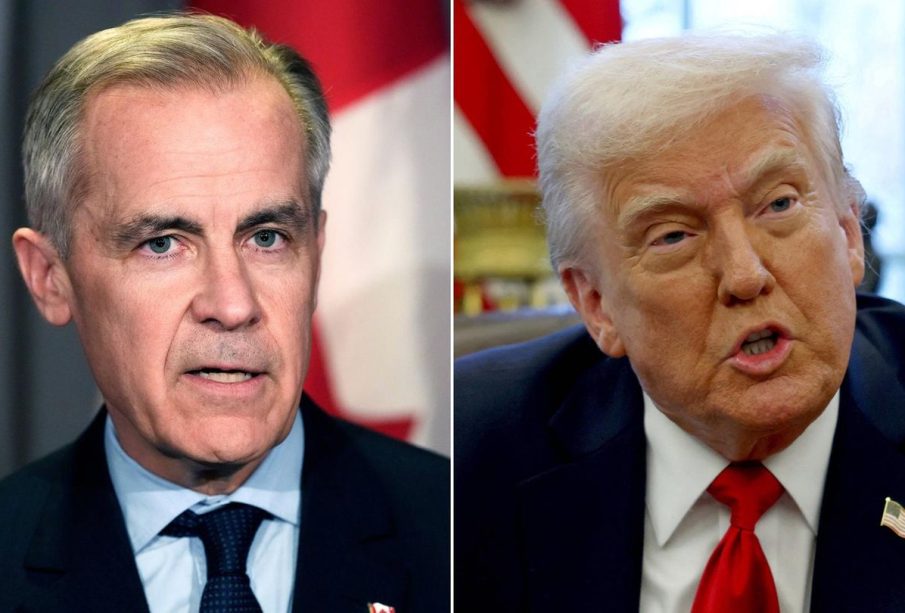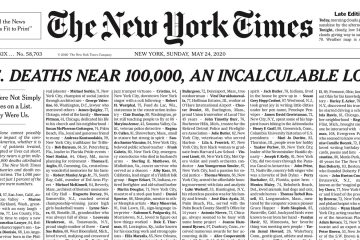Mark Carney’s Take on Donald Trump’s Economic Policies

Introduction
The relationship between economics and political leadership has never been more scrutinized than in today’s landscape. Mark Carney, former governor of the Bank of England and Bank of Canada, has been vocal about the implications of Donald Trump’s presidency on global finance and economic stability. Carney’s insights can help us understand the effects of Trump’s policies on both Canada and the United States, which is particularly relevant as the two countries navigate economic recovery post-pandemic.
Economic Insights from Mark Carney
Since leaving his position at the Bank of England in 2020, Carney has taken on various roles, including being an adviser and contributing to discussions at the global level on sustainable finance and economic resilience. His assessments often touch upon the repercussions of political decisions on economic health. Carney has been critical of Trump’s approach to international trade and climate change, labeling it as shortsighted at times.
In public speeches, Carney discussed how Trump’s tariffs on Chinese goods and withdrawal from agreements like the Paris Climate Accord could destabilize financial markets. He emphasized that such moves not only affect jobs but also hamper cross-border relations, which are vital in a highly interconnected global economy.
Trump’s Policies and Global Reactions
During Trump’s tenure, economic policies such as tax cuts and increased defense spending were designed to spur growth in the short term. However, Carney warned that these might lead to long-term risks, including inflated debt levels and trade wars that could echo across the globe. Carney believes that the U.S. economy’s health significantly impacts Canada, particularly in terms of trade volumes and currency valuation.
The Current Landscape
As of now, with midterm elections behind us and ongoing international challenges, Carney’s expertise remains in demand. His work at the Glasgow Financial Alliance for Net Zero further reflects a commitment to addressing climate change, arguing that sustainable policies are not just ethical but essential for economic stability. The debate continues on how Trump’s legacy will shape future U.S. policies, especially under a new administration.
Conclusion
Mark Carney’s perspectives on Donald Trump’s economic strategies highlight the complexities of global finance influenced by political leadership. As the world continues to face pressing economic challenges, Carney’s insights emphasize the importance of sustainable and collaborative approaches over isolationist policies. The future holds uncertainty, but the ongoing discussions around economic governance will undoubtedly shape the financial discourse in North America and beyond.









